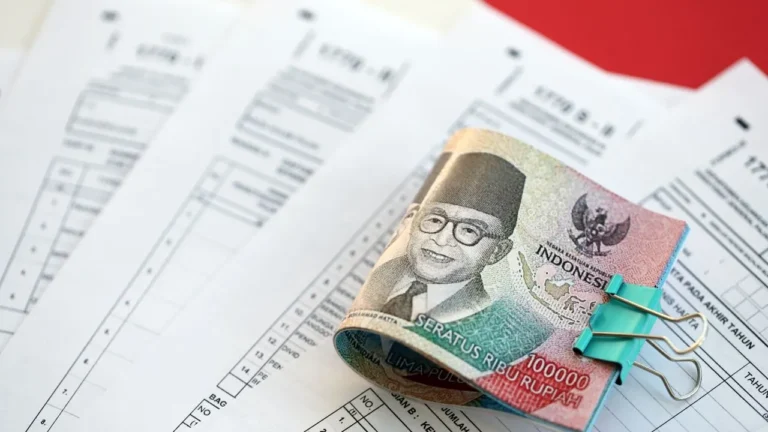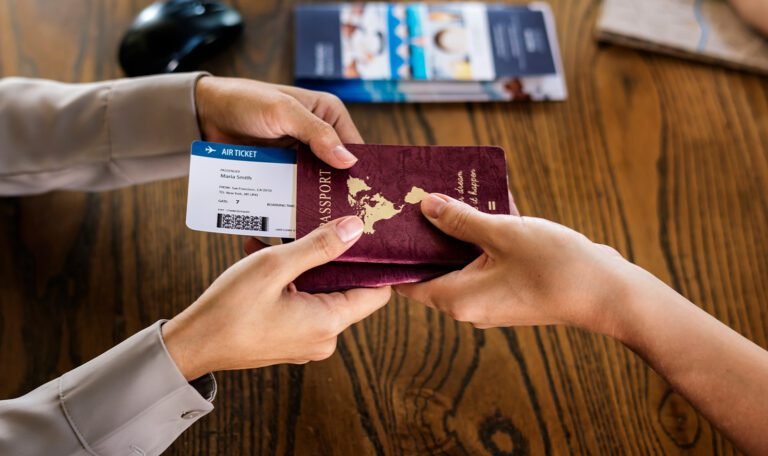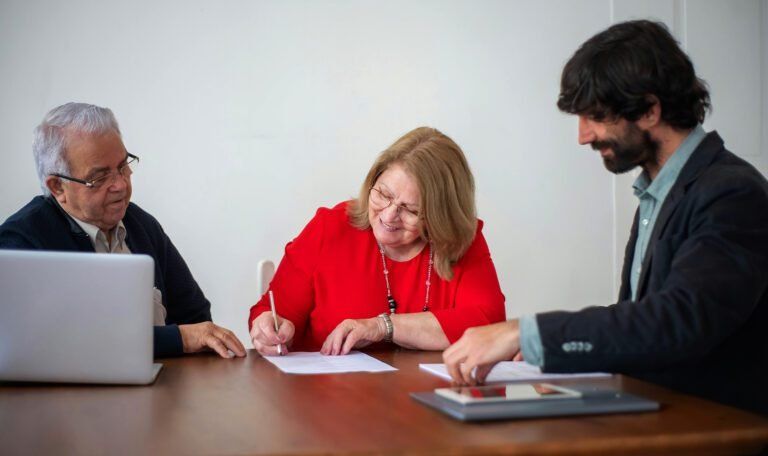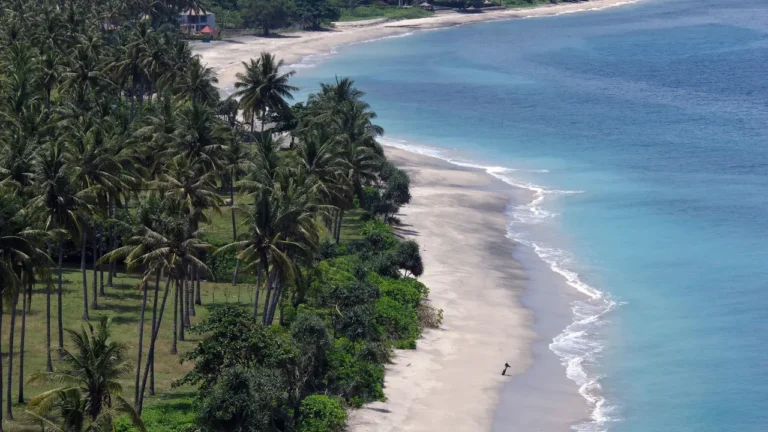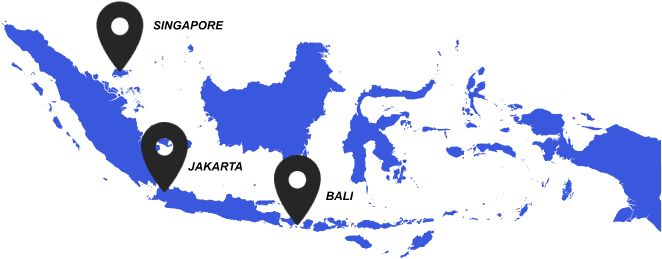Table of Contents
ToggleFor most investors, purchasing a villa in Bali and Lombok is primarily to get a Return on Investment (ROI) and passive income from their property. Choosing a promising villa does not necessarily guarantee a strong return.
As we’ve seen, taxation and legal issues might strongly affect the return on investment and, even worse turn the investment into a nightmare, as exemplified by the recent threat of destruction to 50 villas in Uluwatu, Bali due to legal issues.
This article covers how to operate your villa investment in Bali and Lombok legally and how to maximize its ROI.
Building on years of success, ILA Global Consulting has earned a strong reputation for helping international clients manage the legal and tax aspects of villa investments in Indonesia.
Our team uniquely blends deep local knowledge with international best practices, crafting solutions that are both compliant and strategically advantageous.
With a proven track record of clear communication and a client-focused methodology, ILA has become the trusted advisor for individuals and businesses aiming to establish a robust and sustainable footprint in Indonesia.
How to Operate Villa in Bali and Lombok for Foreigners?
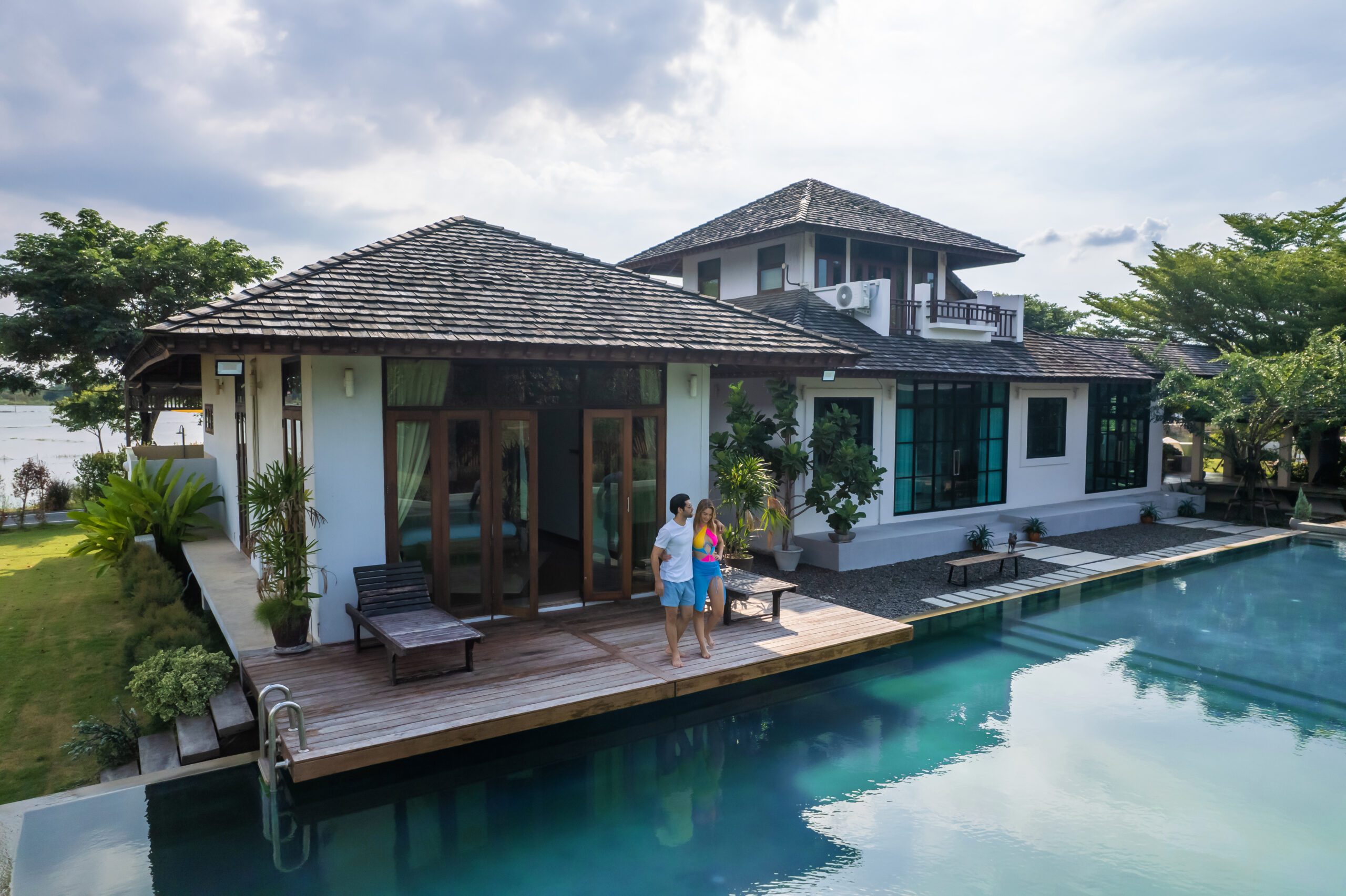
Conducting proper due diligence is the first step in ensuring you can legally operate a villa. It is crucial to have a notary or lawyer in Indonesia to do strong due diligence.
Unfortunately, most due diligence focuses only on the ownership of the land or villa. It has to cover several aspects.
1. Zoning and Building Permit for Villa
Zoning defines what activities are permitted based on the location of the property. Indonesia has established several types of zoning with some subcategories. Here is the main logic:
- Green zone and LSD: This zone is not suitable for any property rental business
- Yellow Zone: It is a residential zone where properties are for residential purposes, most of the time not allowing daily rental for foreigners
- Pink Zone: Known as a tourist area, this zone is the most suitable for daily rental purposes. You can legally build and rent out hotels, villas, and apartment hotels.
If the zone is suitable, the developer or buyer can apply for a PBG building permit. The permit is granted if the architect’s plan matches the criteria defined by the BPN and PUPR. You must get this plan approved before starting any construction.
This construction needs to respect some ratio, such as the land-to-building ratio, which corresponds to the footprint of the building. For example, a building ratio of 60% means the land can be covered and built at 60%.
This information is essential, especially since some developers promote an increasing number of townhouses covering almost 90% of land, if not 100%.
A recent inspection revealed that 40 businesses in Bingin were occupying public land, while some local owners have sold the land to foreigners as a possible place to operate or open a business in the country. Once the building permit has been issued the construction can start and once it is finalized an SLF (Sertifikat Laik Fungsi) can be applied.
This document defines the building’s function and authorizes its intended use. For example, if the property is a residential villa, you can obtain an SLF that designates it for residential purposes.
The SLF can be applied under a PT PMA (Perseroan Terbatas Penanaman Modal Asing) or the landowner, for example, but cannot be applied under the personal name of a foreigner.
However, even with a building permit and SLF, you can’t legally operate the villa yet. These documents only confirm that the property is suitable and complies with regulations. To operate legally, you still need to apply for a license that matches your business activity.
2. Licensing Villa
Once the villa has been built legally the owner or leasehold owner has to apply for a business license called NIB (Nomor Identification Business). Indonesian citizens can obtain this license for small business purposes, while foreigners can access it by incorporating a company in Indonesia known as a PT PMA.
A foreigner cannot legally rent a property in Indonesia without a proper business license, even though it is done through a property management company. The property management company is in charge of handling the housekeeping, maintenance, and marketing but doesn’t apply for the licence of the property as it is not the owner of the villa.
Indonesia defines 4 types of business license. These are:
- Hotel
- Apartment hotel
- Pondok Wisata
- Villa.
A PT PMA can legally own and operate hotels and apartment hotels in designated touristic areas. Meanwhile, a Pondok Wisata license can also apply to residential areas, depending on the subcategory. However, since 2021, villa licenses are no longer available to PT PMAs.
You can legally operate a villa by establishing a PT PMA with a business license for booking and reservation management. This setup allows you to act as the property manager, while a local company or landowner holds the operational license.
The foreigner with its PT PMA will have an agreement with the landowner and pay the tax on its behalf. The income received in the company will be legit and the property operated legally.
| Terms | Definitions |
|---|---|
| SLF (Sertifikat Laik Fungsi) | A post-construction certificate that confirms a building is functional and can be used as intended. Without this, a villa cannot be legally operated. |
| PBG (Persetujuan Bangunan Gedung) | The new form of building permit required before construction, replacing IMB. It ensures architectural plans comply with land use and zoning regulations. |
| PT PMA | A foreign-owned limited liability company in Indonesia. It’s the legal structure foreigners use to invest in and operate rental properties. |
| NIB (Nomor Induk Berusaha) | Business identification number required for any commercial operation, including property rentals. The entity operating the business must obtain it. |
| Pondok Wisata | A type of business license for small homestay rentals, typically for local owners. It can sometimes be applied in residential zones with special allowances. |
How to Maximize the ROI on a Villa in Bali & Lombok?
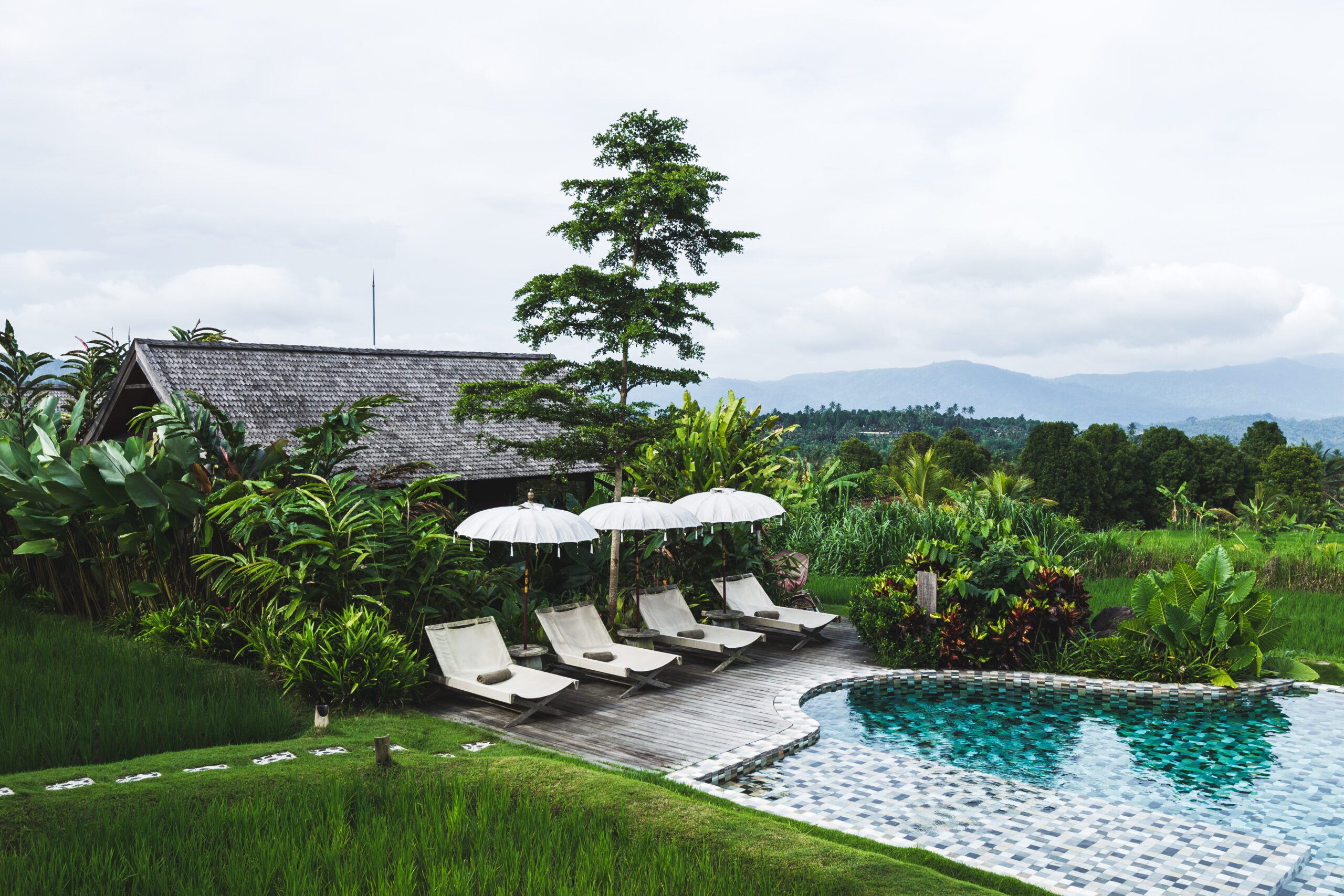
1. Purchasing a villa as an individual in Bali and Lombok
Once the property is legally operable, the second concern is how to optimize its fiscal ROI. While some developers and property managers recommend investing under a personal name and renting out the villa that way (which is not legal), it is also not fiscally efficient.
A property management company sending money overseas has to withhold a tax of 20% (in addition to the 10% local tax) plus VAT (11%). Those taxes seriously impact the return on investment, and the developers don’t communicate the information or due to wrong advice received by the property manager.
Also, investing as an individual strongly impacts the profit when it comes to selling the property. As a non-resident, the foreigner will pay a 20% tax on the gross amount of the leasehold. In addition, the person might be liable for another tax in their country.
We strongly recommend working with a professional for comprehensive guidance on securing your investment and avoiding risks when buying property in Bali or Lombok.
2. Purchasing a Property Under a PT PMA in Bali and Lombok
By purchasing the property under a PT PMA the foreigner can optimize its tax in several ways on the top to be able to rent out the property legally. Once you purchase or transfer the company to a PT PMA, you can access certain tax advantages.
- As in many countries in the world, it is possible to make some expenses under the company before taking the cash. While the cash as an individual will be taxed at 20%+, the person can use directly a part of the passive income and have some expenses under the company such as flight ticket, hotel restaurant, marketing etc in order to reduce the taxable profit.
- The remaining profit can be distributed to the shareholders of the company with a lower rate at 10% if they have applied for a KITAS as investor in the company.
- The Indonesian government provides some tax holidays for example on individuals reinvesting their dividend for at least 3 years. For example with a passive income of 5000 USD per month, if the person takes 3000 USD the remaining 2000 USD will not be taxed after 3 years. The first 3 000 USD will be taxed at 10% so the total tax will be 300 instead of 500.
- With other optimized structures the taxation can be even dropped to a lower taxation rate.
| Terms | Definitions |
|---|---|
| KITAS Investor | A limited stay permit for foreigners who invest in a company. It allows for reduced dividend tax rates and operational privileges. |
Property Investment as Individuals versus PT PMA
Here’s a comparison of property investment through individual ownership versus a PT PMA, covering aspects such as licensing and legality, building permits, local taxes, general taxation, and dividend tax.
| Individuals | PT PMA | |
|---|---|---|
| License and legal | NO | YES |
| Building permit | NO | YES |
| Local tax | 10% | 10% |
| Taxation | 20% + 11% VAT | 0.5% on income or 11% on profit |
| Dividend tax | – | 10% |
Your villa is a premier asset. Let’s transform it into a profitable and fully compliant business. Contact us for a consultation on our Villa Operations & Tax Management services.





